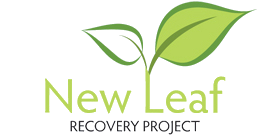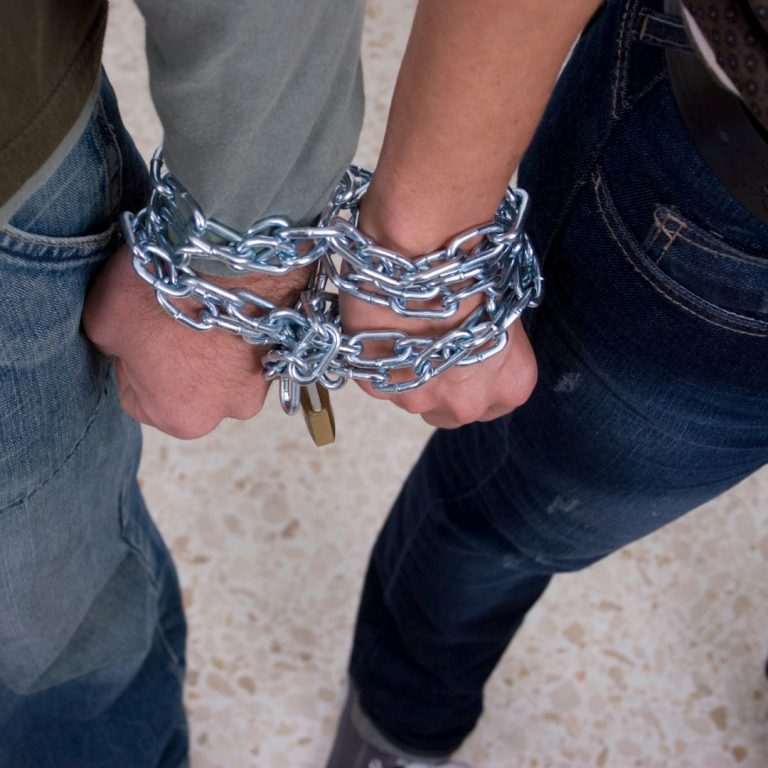Co-Dependency Rehabilitation

Personalised, 24/7 Support

Holistic Rehabilitation & Aftercare

Private, Residential Centre in Birmingham
Co-Dependency Addiction Support & Treatment
Co-dependency is a complex behavioural condition where individuals develop an excessive emotional or psychological reliance on another person, often someone who is struggling with an illness or addiction. Co-dependency a behavioural addiction and it shares many similarities with other forms of addiction in terms of unhealthy patterns and enabling behaviours.
New Leaf Recovery understands co-dependency challenges and offers support and guidance, directing affected individuals to appropriate treatment resources.
What is Co-Dependency?
Co-dependency is an excessive emotional or psychological dependency on a partner with an illness or addiction, often leading to enabling behaviour. Sufferers often exhibit strong behaviours that cause the person they want to help to become less self-sufficient, and enablers often allow the co-dependent person to continue their harmful behaviour by making excuses or overlooking negative actions.
Co-dependents can become dangerous even to those they claim to help, creating artificial situations and problems to feed their addiction.
Causes of Co-Dependency
The causes of co-dependency can vary according to each person and case, but common factors include:
- Emotional or psychological dependence: A desire to feel needed or valued by another person can drive co-dependent behaviours.
- Trauma or childhood experiences: Many co-dependents develop these patterns early in life, often in response to unstable or dysfunctional family environments.
- Addiction or mental health issues: Co-dependency often occurs in relationships where one person is battling addiction or mental health problems, leading the co-dependent individual to assume a caretaking or controlling role.
Seek Support
Helpful Articles
Receive a Free Call Back
"*" indicates required fields



